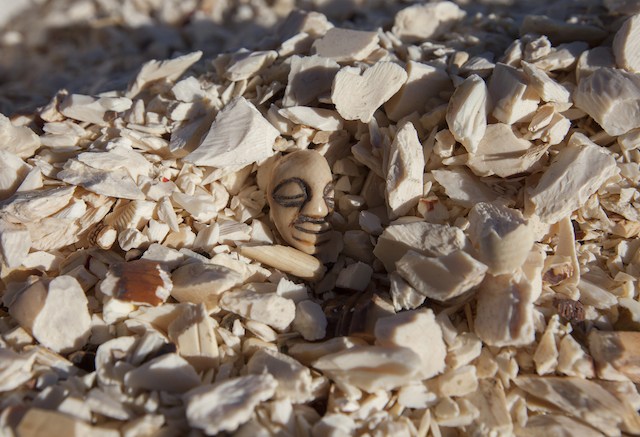SUMMARY
This is AI generated summarization, which may have errors. For context, always refer to the full article.

NAIROBI, Kenya – The price of ivory taken from African elephants slaughtered for their tusks has tripled in the past four years in China, the world’s biggest market, conservationists said on Thursday, July 3.
“The surge in the price of ivory is driving a wave of killing of elephants across Africa that shows little sign of abating,” campaign group Save the Elephants said in a new report.
“With the ivory price in Africa a tenth of that reached in China, substantial profits are being generated for organized crime that fuels insecurity, corruption, and deprives local communities of valuable income.”
Researchers from the Kenyan-based group studying ivory sales in China said prices had risen for raw ivory from $750 (550 euros) in 2010 to $2,100 (1,540 euros) in 2014.
This week wildlife group TRAFFIC warned that Thailand’s ivory market was “out of control” and that the number of ivory products on sale in Bangkok had nearly trebled in the past year.
Save the Elephants estimates an average of 33,000 elephants were lost to poachers every year between 2010 and 2012.
“Without concerted international action to reduce the demand for ivory, measures to reduce the killing of elephants for ivory will fail,” said Iain Douglas-Hamilton, founder of Save the Elephants.
“Although half a world away, China holds the key to the future of the African elephant.”
The group has also tracked ivory sales within Africa, discovering that Lagos in Nigeria, followed by Luanda in Angola, has the largest numbers of ivory trinkets on open sale.
Organized crime syndicates and rebel militia increasingly use poaching to fund insurgencies, reaping the benefits of multi-billion-dollar demand for ivory in China. – Rappler.com
Add a comment
How does this make you feel?
There are no comments yet. Add your comment to start the conversation.